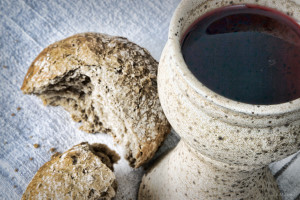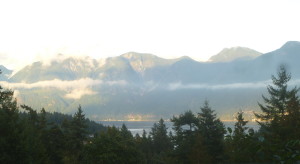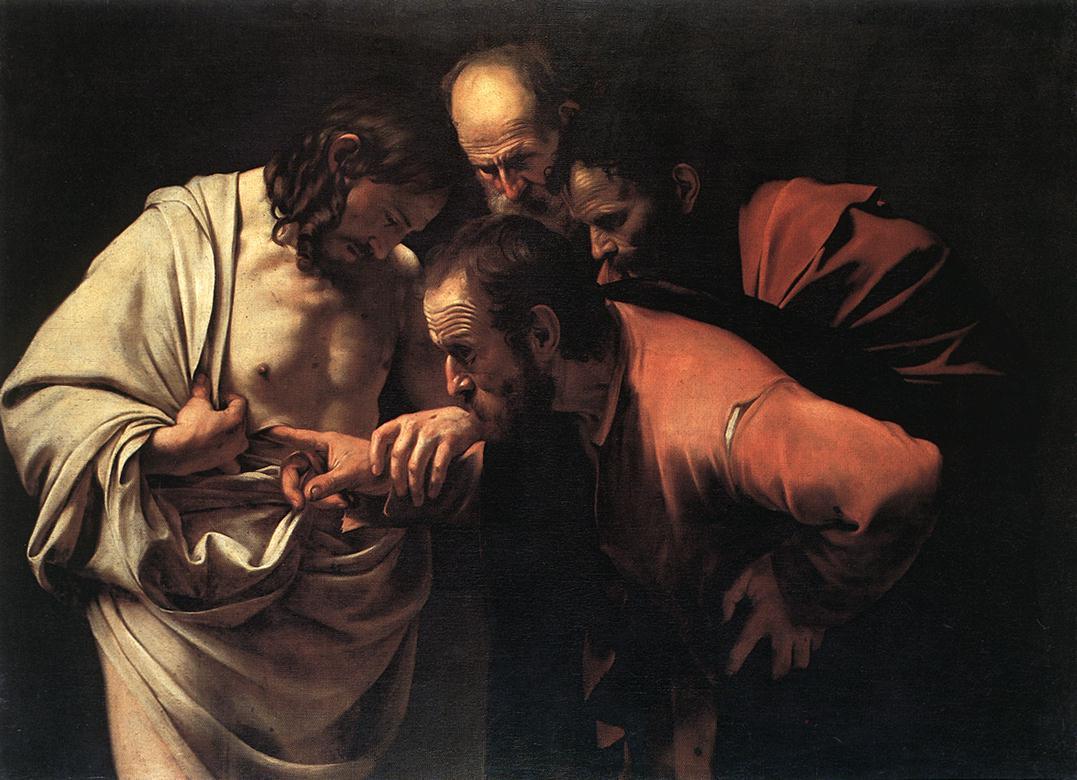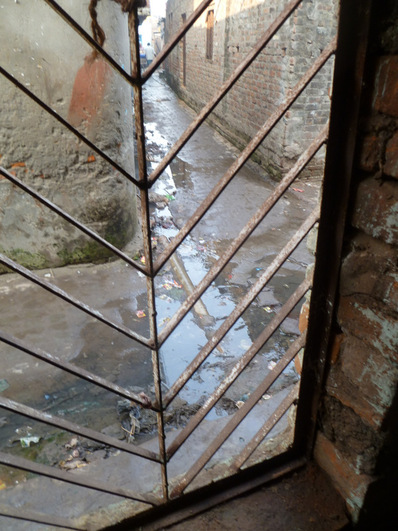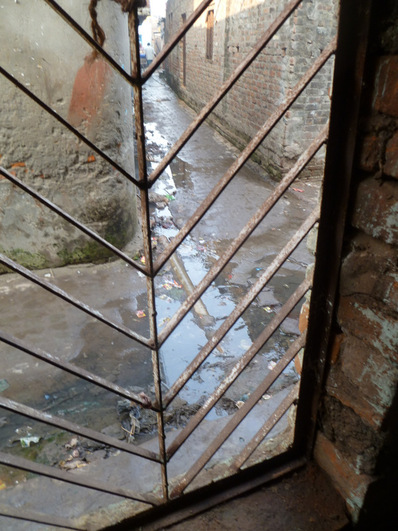In my little corner of the world, I see a lot of suffering and death. I spend a lot more time contemplating the crucifixion and that silent Saturday when Jesus remained in the tomb than I ever used to in the West. It’s easier to believe in victory and new life when most of the people around you are doing well, and most of the stories you know turn out OK. It’s harder to keep faith in resurrection when most of the people around you aren’t doing OK; when they’re doing horrible things to each other and having horrible things done to them. Sometimes you lose track of the plot line when bad things happen one after another with no resolution and no catharsis, just banal disappointments that drip out like a leaky faucet.These days I often find myself walking through thin places between hope and despair, and the question is unresolved in my mind as to whether or not anything we do is worth it; whether all will be made well in the end. But there is room for all of that in faith—there has to be. Without that kind of desperation, what is the meaning of hope?
These last few days as I have contemplated the story of Jesus—his tragic death, his closest friends betraying and abandoning him, his anguished voice wondering aloud from the cross whether God is still with him in the midst of so much pain—something new has come into focus for me for the first time:
The resurrection was a surprise.
Everyone, everyone had given up on Jesus. His closest friends and followers whom he had literally spent years teaching and preparing for this moment. He had told them so many times that he would suffer and die, but that wouldn’t be the end, and they couldn’t grasp it. When he was tortured and killed by the state and the religious institution they were still fumbling around in the dark for what the kingdom meant and how it was possible that their fearless leader could have failed to accomplish his mission. He was dead and gone, and they thought it was over. The women mourned him and prepared spices to pay their last respects; the men returned to their fishing nets, disillusioned.
I think it was only their total despair which catalyzed such unbelievable joy when these disillusioned followers discovered Jesus alive, and it was this tangible experience of moving through death and loss to new life that made their faith so strong from that point onward. If they had confidently expected his triumphant return all along, then perhaps they wouldn’t have had a real sense of being delivered from any real danger or pain. Real suffering brings questions to the surface, and even to the lips of Jesus: “My God, my God, why have you forsaken me?”
So Jesus didn’t hold his friends’ doubt against them. Peter, poor Peter who had denied his best friend and teacher three times to save his own skin: Jesus cooks him breakfast on the beach, reinstates him, and entrusts him with the future of his movement (“On this rock I will build my church…”). There is resurrection in Peter’s own heart as Jesus forgives him and Peter learns to trust himself again. Later this former turncoat will be faithful to the point of death on a cross himself.
I often feel overwhelmed by the current state of the world, and I wonder how the kingdom can ever come. I find it hard to imagine history somehow rolling on from the present into heaven on earth. But I read this story and I realize that there is a place in the Easter narrative for the grief and confusion I so often feel. For Peter and the others, there was as little continuity between their experience of absolute loss on Friday and absolute joy on Sunday as there is between my current experience of the impoverished, suffering world as it is and the world as it will be when it is restored.
I am not lost. I am seeing Saturday. But Sunday morning will come, when I least expect it.
And it does come, even now—in those little signs of hope, tiny as mustard seeds, that spring up through the ground of despair. We see resurrection in our relationships when we offer forgiveness after conflict seems to have killed off affection and friendship, or when we creatively imagine new possibilities out of apparent failures. We catch a glimpse of the kingdom when we share a joyful meal with people of different languages, cultures, and religions, choosing to build community instead of walls. There is resurrection in my own heart when old wounds are bandaged and they heal. There is hope when we sow and sow and sow, and then one seed (maybe one in a hundred) bursts into life, we know not how.
I wrote last year about hope being a candle in the dark, never quite filling the room but never ceasing to burn either. Sometimes hope still feels like a lonely candle, but other times I get the sense that what I’m seeing is not just a small flame in the darkness, but rather slivers of a huge light behind everything that’s merely been painted over with black. Perhaps as we work to uncover more and more, we discover that the darkness, convincing as it may be, is what is surface-level and temporary, while the light is what is real and permanent and strong.
May we have the courage to suffer with Christ in the people around us.
May we have the faith to live in hope of new life,
the eyes to see it coming,
and the joy of helping to bring it into being.
May we practice resurrection in our lives.
